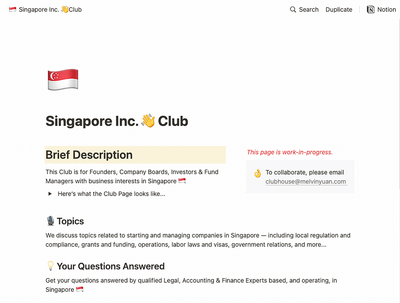‘Like’ or ‘Dislike’: Judgement and Empathy in a ‘Facebook-world’
Facebook is reportedly “making a Dislike button — or something like it”. This comes years after users started asking for it. And the decision is heavily scrutinised (by the Media) because many people fear “The Internet” may become a more ‘negative’ place.
Will the much-anticipated ‘Dislike’ button have such an impact?
I believe that the real issue isn’t the potential impact that the ‘Dislike’ button (or its final rendition) will have.
The real issue is the impact that the original ‘Like’ button has had over the years.
Since the emergence of the Social Web, we’ve (generally) had less time for deeper thinking and deeper conversations. We rush to consume news, and we rush to process them. And look how we’ve been processing the news on our feeds.
The simple ‘Like’ button was designed to encourage user-interaction in a powerful and ever-growing social network.
But it has also presented us with a limiting way to examine our thoughts and to express them.
Now, there are several definitions for ‘Like’ (including an expression of similarity). But with the accompanying thumbs-up icon, it seems that the ‘Like’ used in Facebook (and now other media platforms) is intended to signify agreeability or approval (‘Like’ as a verb).
We crave ‘Likes’. Businesses and Organisations crave ‘Likes’.
And when I take the time to participate a little more deeply in a conversation — without clicking on ‘Like’, I sometimes fear that it will not be as appreciated as a quicker, hurried ‘Like’.
Language, can be incredibly limiting. When all we have to use, and all we use is a simple word — Like (and the accompanying thumbs-up) — it’s hard to suspend judgement.
What we seem to have today — is a culture that’s quick to judge, quick to detach, and quick to forget.
Here’s my proposal, Mark.
The ‘With’ Button.
Not a ‘Dislike’, or an alternative.
Instead, replace an expression of judgement — “I Like” — with an expression of empathy — I am with you. I bring myself alongside. I empathise.
I do not simply pass judgement on what you say. I put myself in your shoes, I attempt to see the world as you see it. And I suspend my simple judgement for the sake of appreciating the full range of emotions and opinion that you might have concerning this matter.
And instead of a thumbs up, or down, perhaps two hands locked in unity — a visual expression of alignment.
If we take away both the ‘Like’ and the proposed second button — and instead use ‘With’ — we may perhaps have hope for a kinder world.
Because I don’t doubt my propensity to ‘Like’ or ‘Dislike’. I don’t fear that I cannot judge well. I worry that I might lose my ability to empathise.


